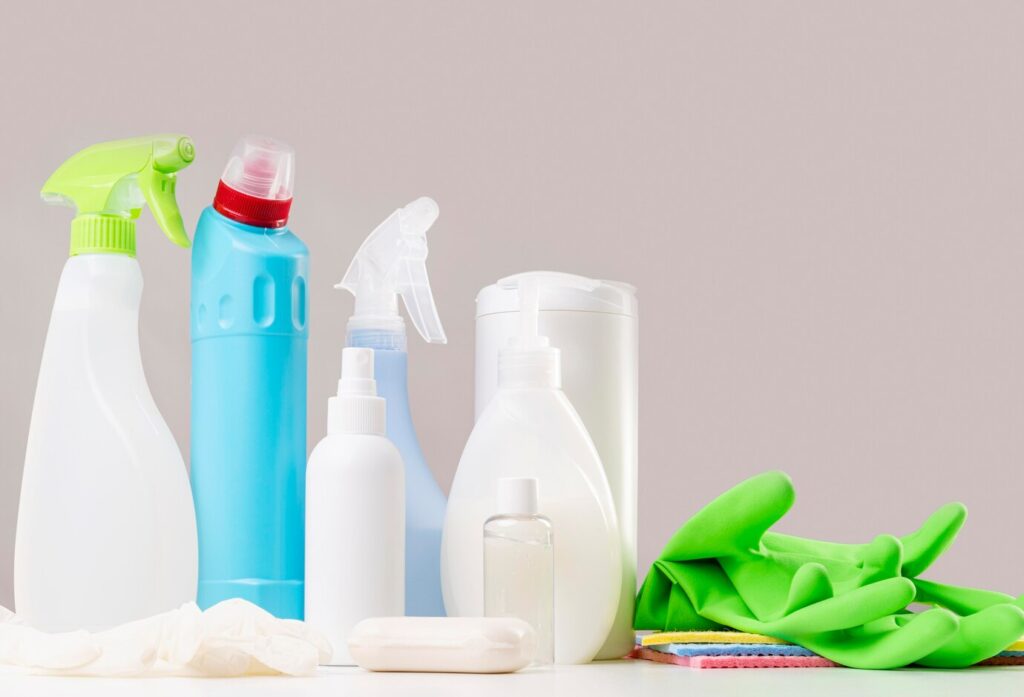Cancer Risk and Endocrine Disruptors

Endocrine disruptors are chemicals that can interfere with the body’s hormonal system, potentially causing a wide range of health problems, including cancer. Here, we’ll explore what the research currently tells us about the link between endocrine disruptor exposure and cancer risk.
Endocrine disruptors are found in a variety of products, including pesticides, plastics, and personal-care products. They can interfere with the body’s hormonal system by either mimicking or blocking the action of hormones, leading to potential health problems.
Some endocrine disruptors have been shown to increase the risk of certain types of cancer. For example, exposure to the pesticide DDT has been linked to an increased risk of breast cancer, while exposure to the chemical bisphenol A (BPA), which is used in the manufacture of some plastics, has been linked to an increased risk of prostate cancer.
Other endocrine disruptors have been shown to interfere with the body’s immune system, potentially increasing the risk of cancer. For example, exposure to the chemical dioxin, which is found in some herbicides and industrial processes, has been linked to an increased risk of several types of cancer, including lymphoma and leukemia.
However, the evidence on the potential link between endocrine disruptor exposure and cancer risk is mixed. Some studies have suggested a possible link, while others have found no such link. More research is needed to clarify this issue.
In the meantime, if you’re concerned about potential health risks from endocrine disruptor exposure, there are some steps you can take to reduce your exposure. These include:
- Choosing organic produce, which is grown without the use of pesticides.
- Avoiding plastics labeled with recycling codes 3 (PVC), 6 (polystyrene), and 7 (other), as these may contain endocrine disruptors.
- Using natural, non-toxic cleaning products.
- Choosing personal-care products that are free of parabens and phthalates.
In conclusion, while the evidence is mixed at this time, it’s always a good idea to take steps to reduce your exposure to potential health risks. If you’re concerned about the potential link between endocrine disruptor exposure and cancer, consider making some changes to your lifestyle, such as choosing organic produce, avoiding certain types of plastics, and using natural cleaning and personal-care products.
